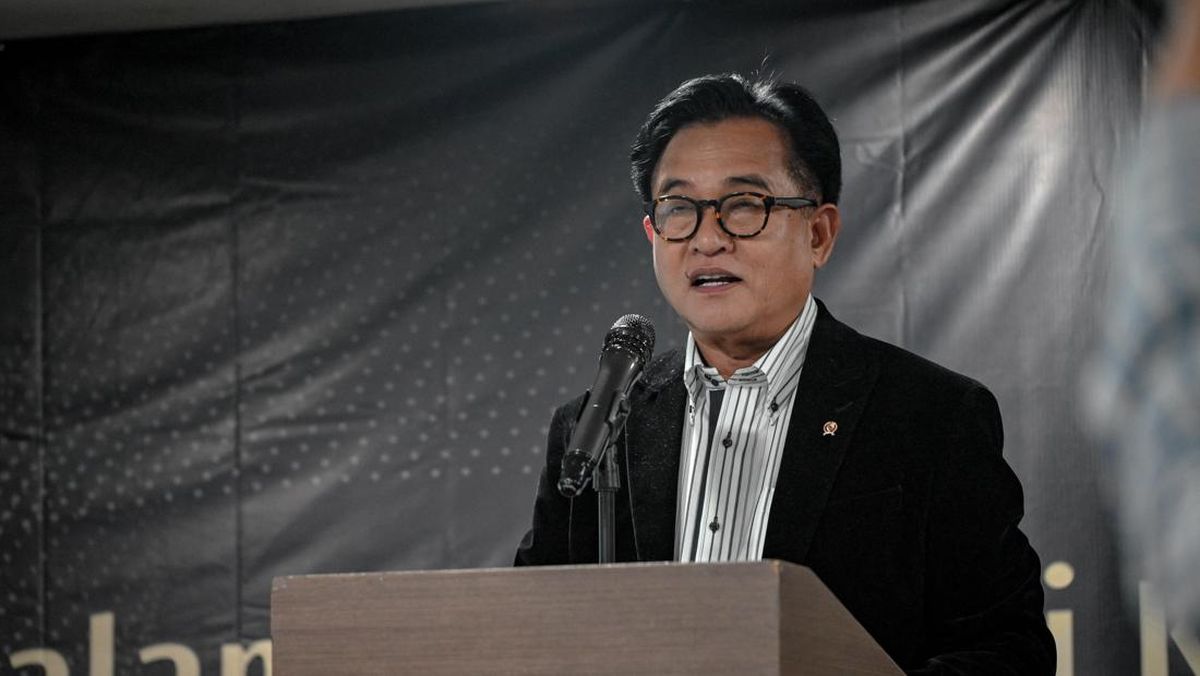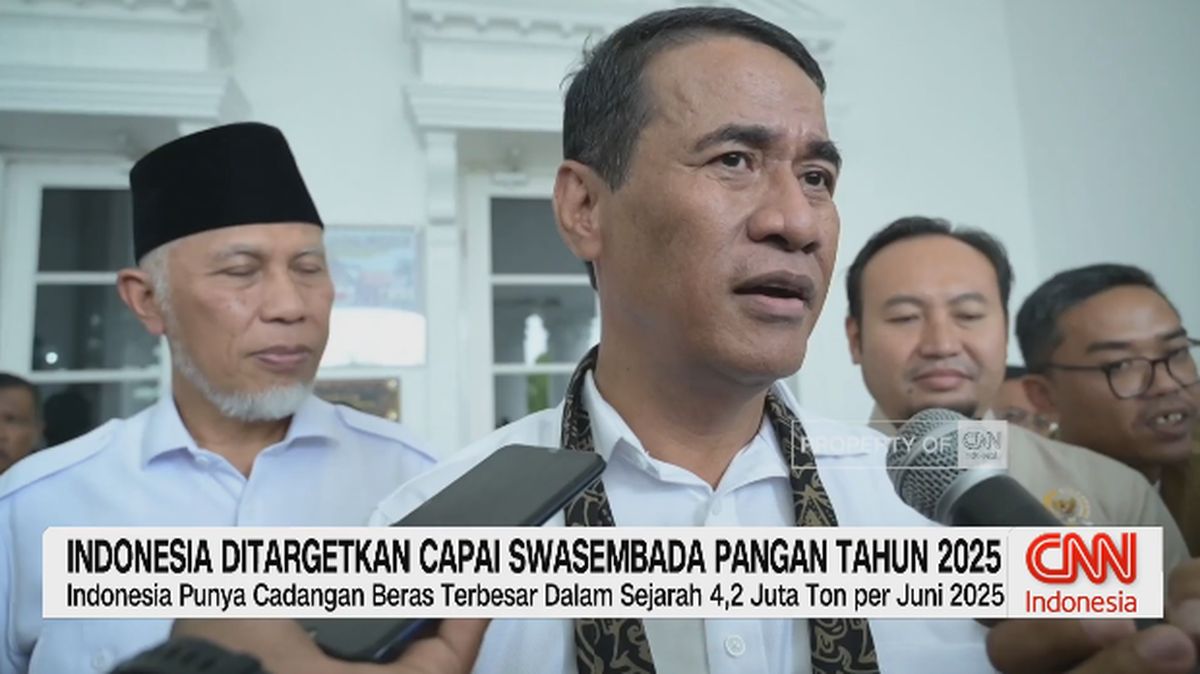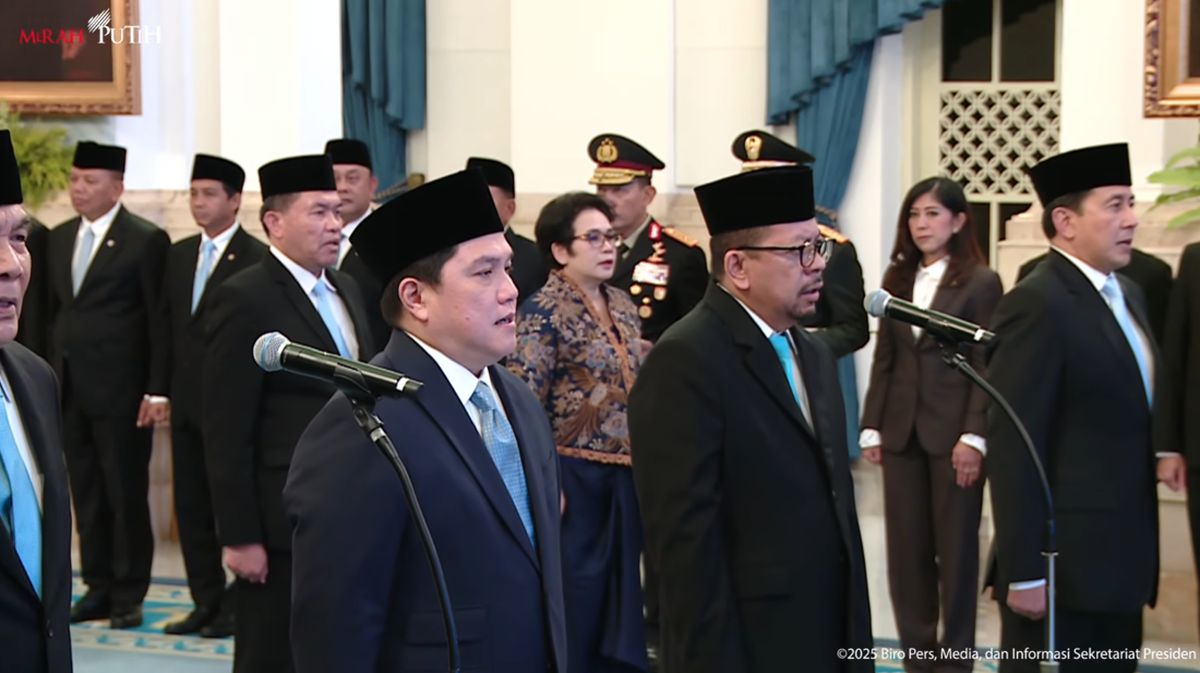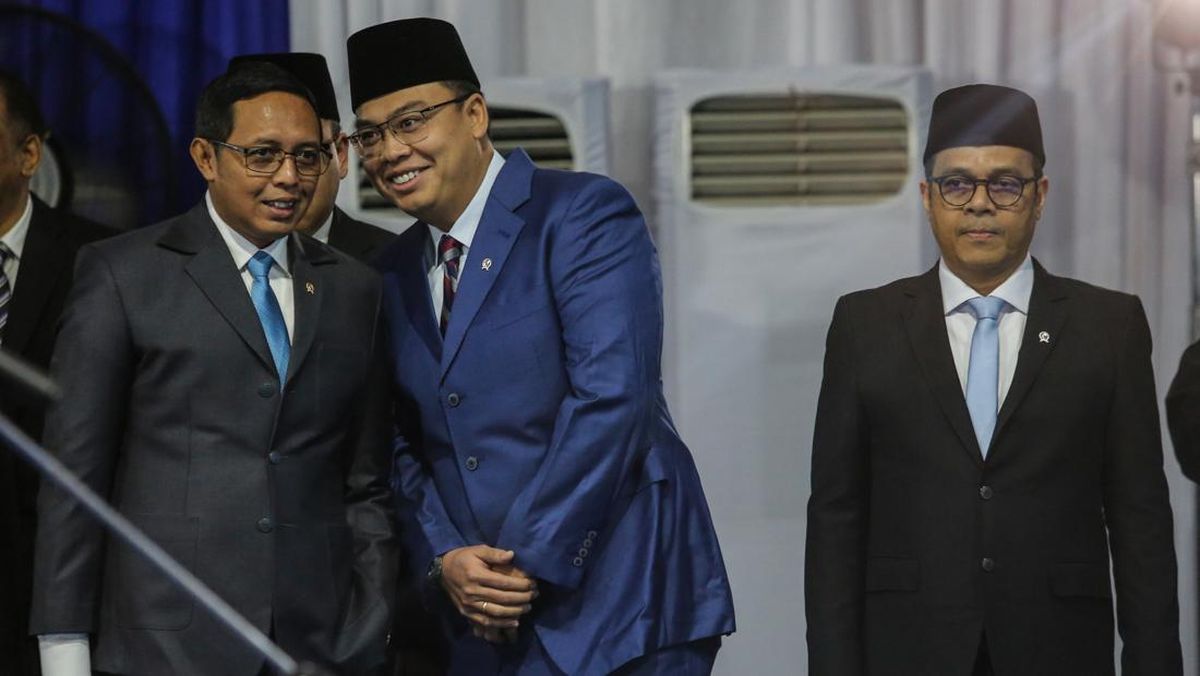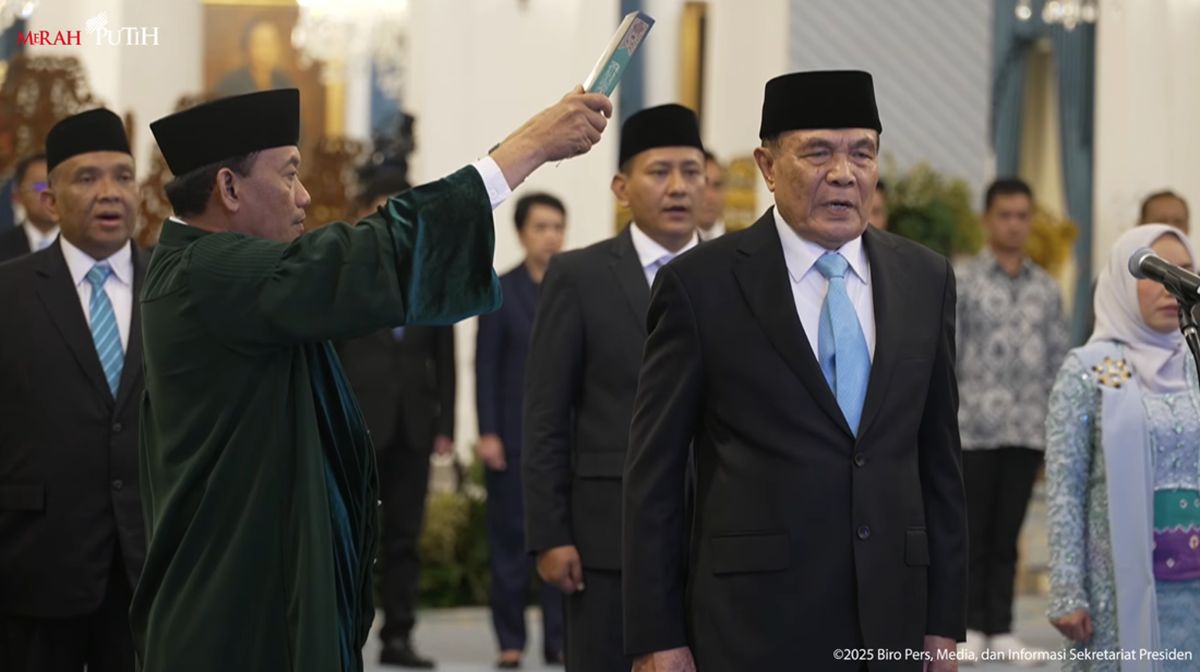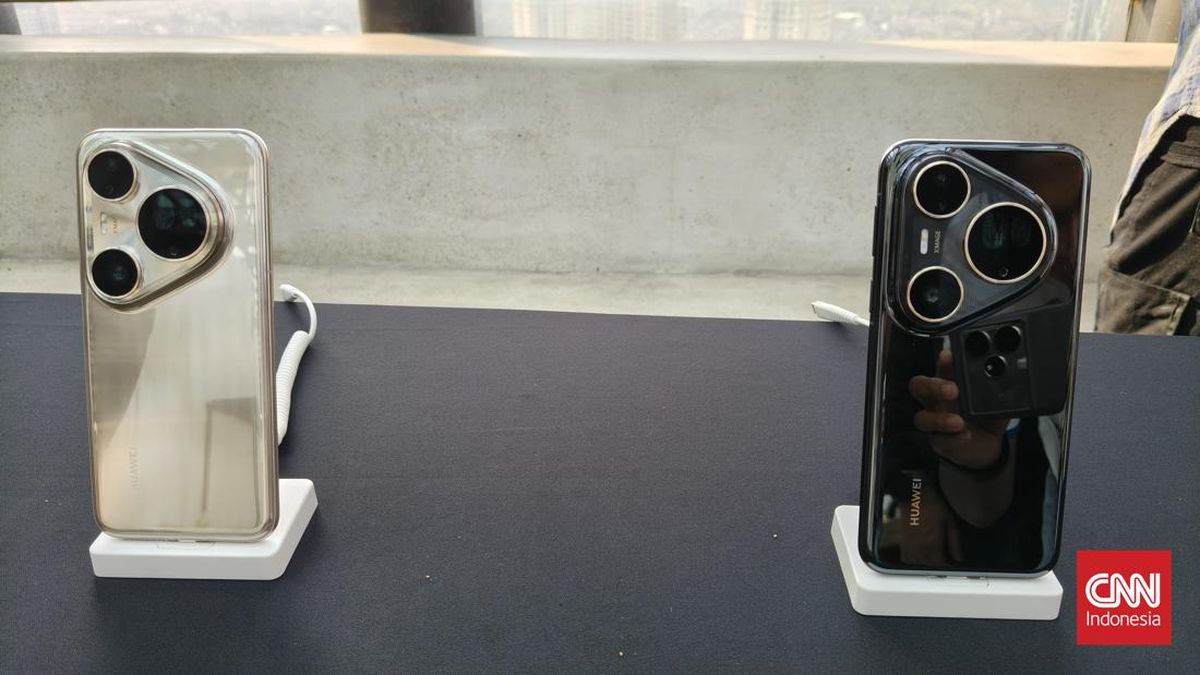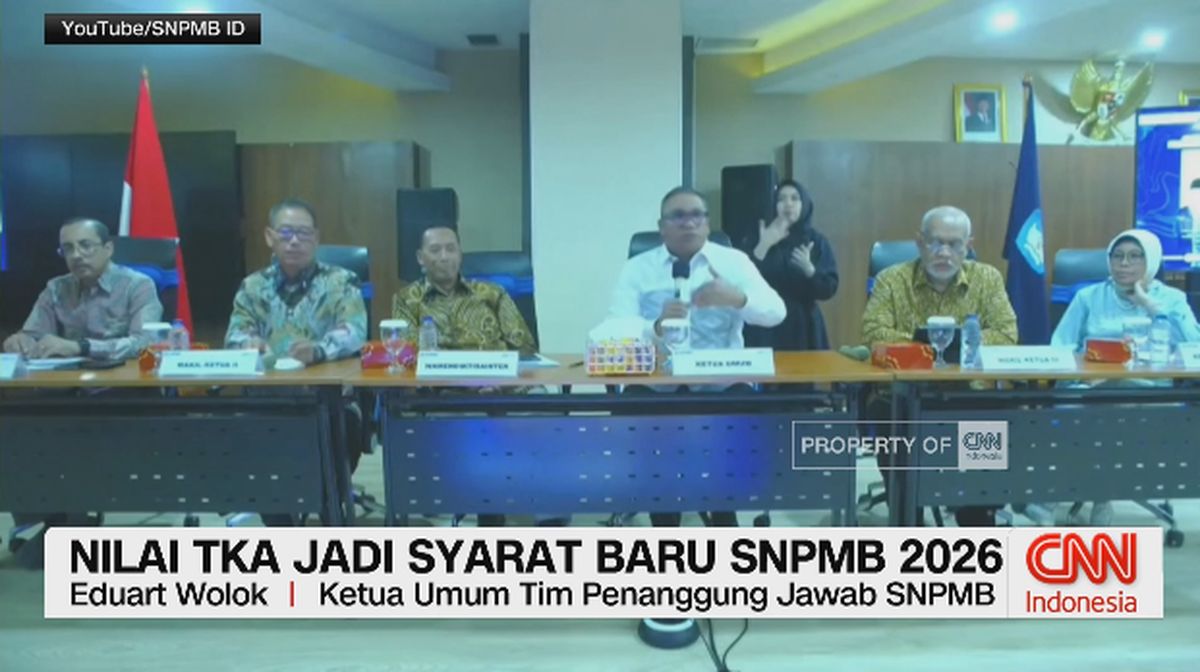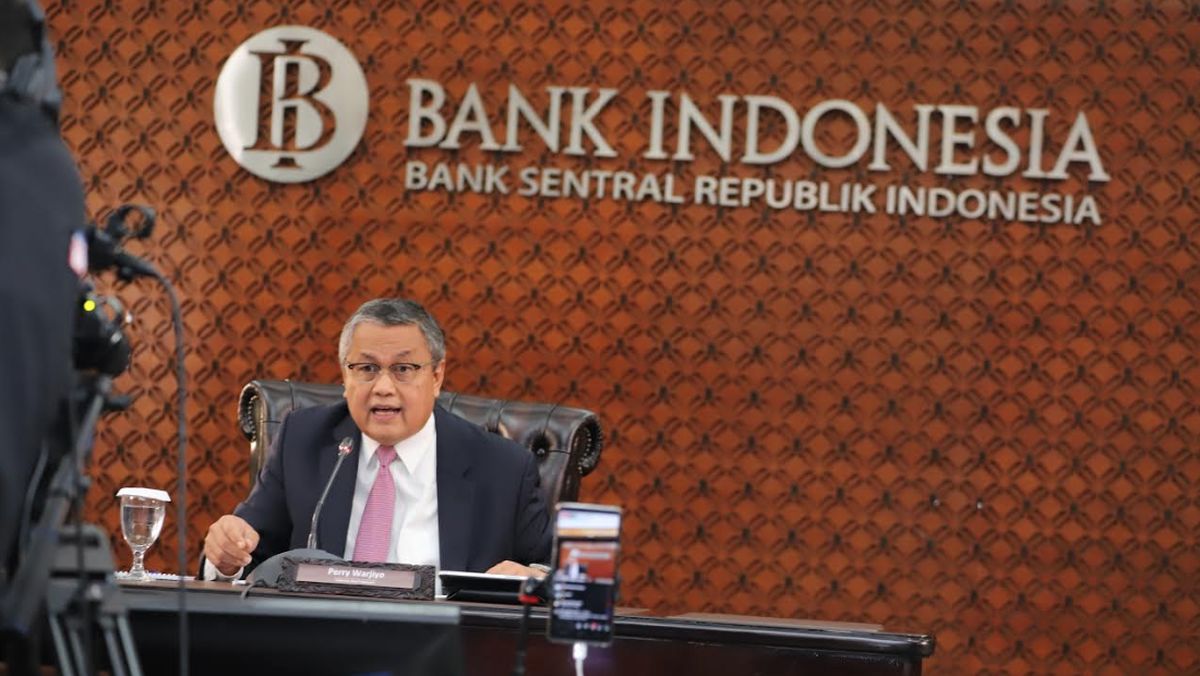WA Premier Roger Cook has shrugged off criticism of Japan’s on-selling of surplus Australian gas to other Asian customers, saying it is just part of their business model.
Cook has just returned from a mission to Japan where the country emphasised the need for a continued stable supply of Australian gas to stabilise its energy grid as it moved away from coal-fired power.

WA Premier Roger Cook in Japan.
Cook met with senior Japanese bureaucrats and politicians, including Vice-Minister for International Affairs Matsuo Takehiko to discuss energy security, resources and decarbonisation.
In the face of criticism from environmental groups of Australia’s fossil fuel industry, Cook has repeatedly pressed the point that Australia’s LNG helps larger Asian economies reduce carbon pollution by moving out of coal.
“What [Japan has] said to us is that as part of that energy transition, they need our LNG to be able to assist them to pivot away from coal and towards renewables,” Cook said on his way home from Japan on Tuesday.
One of the biggest criticisms of that argument is that Japan, which is a big investor in Australian LNG projects, has been on-selling LNG because of a surplus of the fuel.
The latest estimate from the Institute for Energy Economics and Financial Analysis found Japanese companies on-sold between 11.3 to 14.7 million tonnes of Australian LNG, which equates to about 1.2 to 1.6 times the annual gas consumption on the east coast energy grid.
IEEFA suggests this gas is being on-sold to other Asian economies like Taiwan and South Korea.
Cook has raised the issue with his Japanese counterparts, who told him “it’s part of their business model”.
“What they say to us is that they on-sell it to countries that have even less capacity to pivot immediately out of coal – countries such as Indonesia and so on,” he said.
Loading
“So while there is a portion of their purchase, which is on-sold primarily, the gas they utilise is part of their overall energy security.
“They import 90 per cent of their energy needs in Japan, and so from that perspective, our LNG plays an important role, not just for energy security, but the energy transition.”
Cook made the point that Japan wasn’t just a major investor in LNG projects, but also Australian renewable projects.
He said many of the discussions with the Japanese government revolved around green energy projects and Australia’s efforts to produce green hydrogen at scale, which could be converted into ammonia and transported to Japan where it could be used to decarbonise coal-fired power generation.
“It’s important that we remain a reliable partner, not only because we benefit from the sale of LNG to Japan, but also because they are key investors in making sure we can ultimately get to a situation where we are producing affordable renewable energy at scale,” Cook said.
Start the day with a summary of the day’s most important and interesting stories, analysis and insights. Sign up for our Morning Edition newsletter.
Most Viewed in National
Loading



